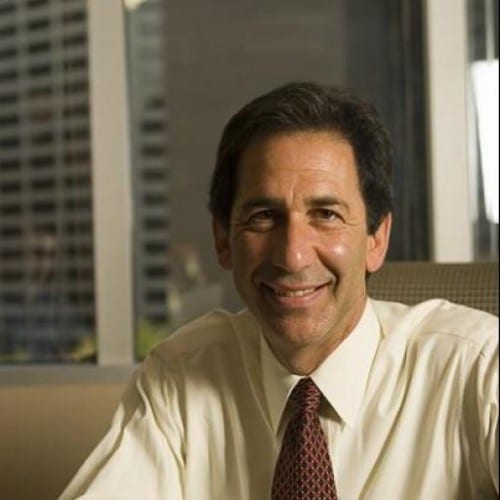Be a small-town Lawyer: Many rural areas have a shortage of lawyers.
No one needs to remind law students and recent law school graduates about the dismal job market. Only 85 percent of the class of 2012 found a job of any kind post-graduation — and only 64 percent of those jobs required bar passage, which is an all-time low. This is the fifth consecutive year of decline and the lowest rate in 18 years, according to the National Association for Law Placement.
But here’s an interesting countervailing trend reported last year by The New York Times, The Wall Street Journal and NPR. There are jobs available for lawyers in many parts of rural America. In fact, in many rural areas, there is actually a shortage of attorneys.
Lawyers Few and Far Between in Many Rural Areas
Consider the following. According to the National Association of Counties, 2 percent of all lawyers practice in rural America, yet 20 percent of the nation’s population lives there.
In South Dakota, for example, nearly two out of three lawyers live in just four urban areas. In the Times article, South Dakota’s Chief Justice remarked, “We face the real possibility of whole sections of this state being without access to legal services.” Following a model used in the medical, dental, and nursing professions, South Dakota recently enacted a law providing subsidies to lawyers who choose to live and work in rural areas.
In Nebraska, there are no lawyers at all in 12 counties. Nebraska’s legislature has not yet put its money where its mouth is, but the state’s bar association has organized rural bus tours for law students in an effort to convince them to relocate.
The problem is not confined to states you may think of as rural. In Georgia, for example, it’s reported that 70 percent of lawyers practice in the Atlanta area. Eighty-three percent of Texas lawyers practice in Houston, Dallas, San Antonio or Austin. And more than 90 percent of Arizona’s lawyers can be found in the Phoenix or Tucson areas.
I’m no expert on this problem, but many lawyers probably avoid rural settings because they prefer the financial and cultural opportunities offered by urban areas. In my opinion, though, lawyers should not be so quick to automatically dismiss the possibility of small-town lawyering.
It Might Be Better Than You Think: Benefits of Small-Town Lawyering
The practical benefits of small-town lawyering include a lower cost of living, minimal commutes, and a slower pace of living. Plus, it is real lawyering rather than a temporary job reviewing documents at $20 an hour.
Sure, small-town lawyers don’t make anything close to what partners earn in big Wall Street firms. But very few lawyers make that kind of money. Isn’t it better to actually practice law, gain experience, and start making a dent in your school debt sooner rather than later?
There’s even more upside to this equation. In most small towns, lawyers are general practitioners. They practice estate planning, tax law, criminal law, family law, personal injury, and bankruptcy, just to name a few. The sophistication of a rural practice may not compare to big-city practice, but let’s be honest — after a while, even big-city practices become pretty routine and boring.
Another Advantage to Small-Town Lawyering
Another advantage is that you are truly helping real people resolve legal problems. Client contact is the rule, not the exception. For those who claim to have gone to law school to help people, working for corporate America in an urban setting rarely fulfills that goal.
As for business development, the road map to success is relatively easy. In many small towns, you’ll quickly become known as one of the town’s lawyers. Join and become active in a few local organizations and you’re practically there. You can successfully market a practice without too much hard work.
It Gets Even Better
In communities with a true shortage of lawyers, there will be very little competition. Most likely, any competition will come from baby boomers who will soon retire. That’s good news because they can serve as mentors. Also, there may be opportunities to buy a mentor’s practice for a very reasonable price.
If you want more information, pick up a copy of “Becoming a Rural Lawyer: A Personal Guide to Establishing a Small Town Practice,” by Bruce Cameron. It is an excellent handbook for those contemplating practicing in rural America.
In today’s legal job market, becoming a small-town lawyer may be the best route to becoming a successful and satisfied lawyer.
Related: Representing Rural Clients from Big-City Offices by Nika Kabiri
Photo©iStockphoto.

















